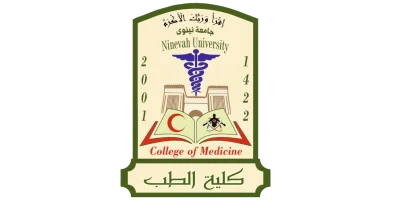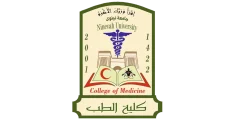Laboratories
June 14, 2025 2025-06-26 9:34المختبرات
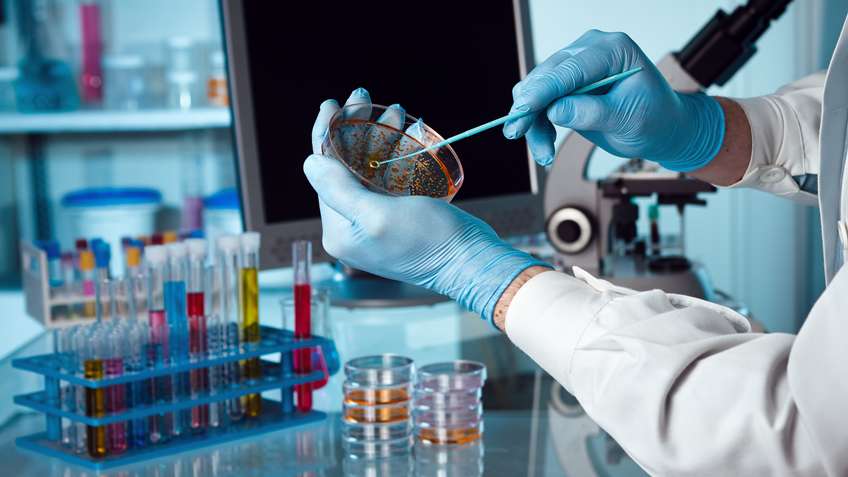
Educational Laboratories
At the College of Medicine, laboratories are a fundamental component of the educational and research process, equipped with the latest devices and technologies to provide a safe and stimulating environment for practical learning. The college’s laboratories include those for microbiology, biochemistry, anatomy, physiology, and others, designed to meet the needs of both students and researchers.
The laboratories are supervised by a specialized team of technicians and professors to ensure performance quality and safety of use, with equipment regularly updated to keep pace with scientific advancements. The laboratories are also used for conducting practical experiments, training students in basic analytical, dissection, and microscopic examination skills, enhancing theoretical understanding through practical application.
An advanced educational environment… for a promising medical future.
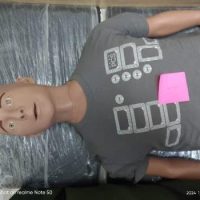
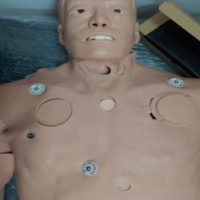
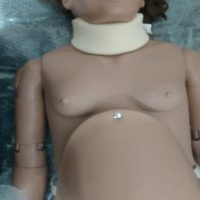
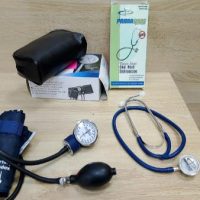
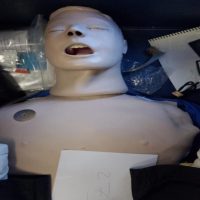
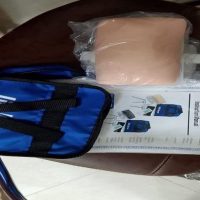
Skills Laboratory
The Clinical Skills Laboratory is considered the backbone of practical training at the College of Medicine, aiming to prepare students to acquire essential medical and clinical skills in a safe environment that simulates real medical settings before transitioning to hospital training.
The laboratory includes a collection of high-quality anatomical models and simulation devices, including cardiopulmonary resuscitation (CPR) models, blood pressure monitors, stethoscopes, clinical examination tools, and intravenous injection training devices.
The laboratory trains students in patient interaction, medical communication skills, first aid techniques, vital signs examination, and the basics of using medical equipment.
The laboratory is supervised by highly experienced and qualified staff and is also used to conduct periodic Objective Structured Clinical Examinations (OSCE) to assess students’ competence and progress in practical performance.
Medical Physiology Laboratory
The Physiology Laboratory is responsible for translating theoretical concepts into practical applications regarding how the human body’s systems function.
The laboratory is equipped with specialized devices such as electrocardiography (ECG), electromyography (EMG), respiratory monitoring devices, blood pressure monitors, and sensors for measuring muscular and neural responses.
The laboratory is used to teach students how to record and analyze physiological data and understand functional balance in the human body, serving as a platform for live experiments demonstrating concepts such as neural conduction, reflex responses, and other biological processes.
The laboratory provides students with opportunities to develop scientific research skills through conducting small-scale practical experiments and analyzing results under specialized academic supervision.
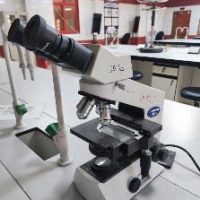
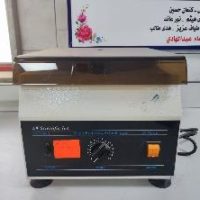
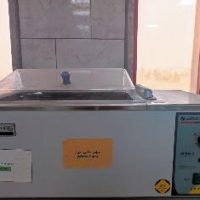
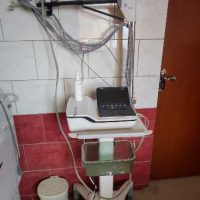
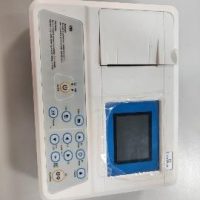
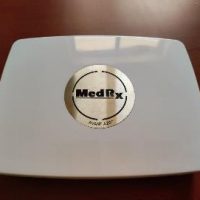
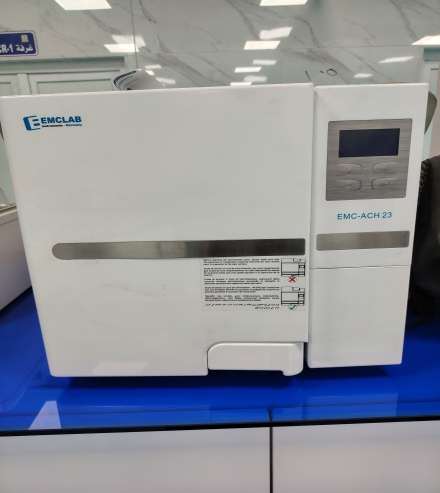
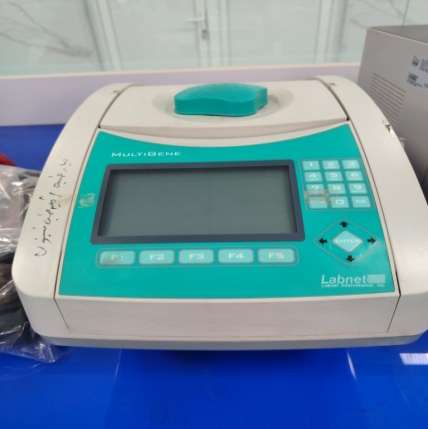
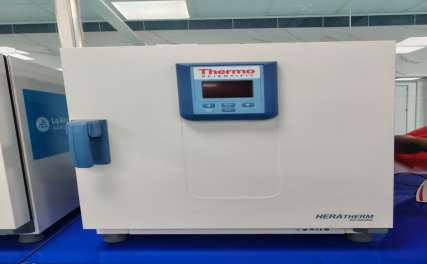
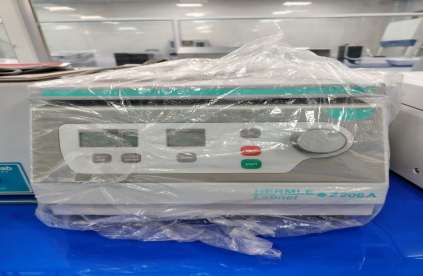
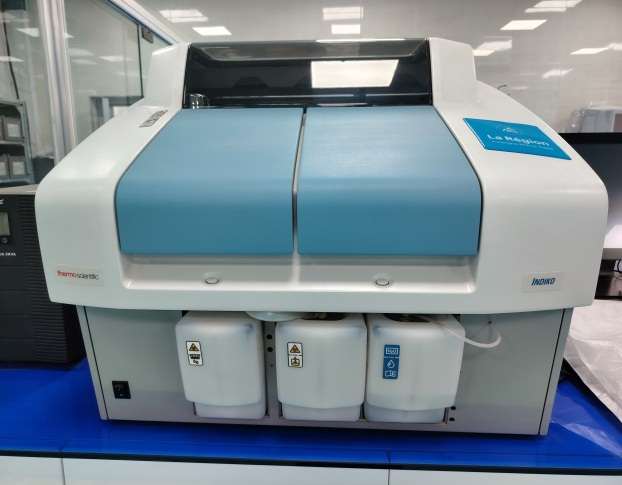
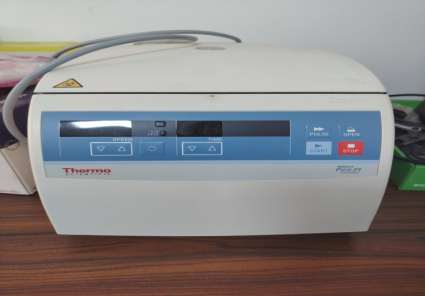
Medical Research Laboratory
The Medical Research Laboratory is an advanced center supporting research activities in the college, serving both academic staff and postgraduate students in various biomedical fields.
The laboratory is equipped with the latest scientific devices, such as polymerase chain reaction (PCR) machines, centrifuges, spectrometers, digital microscopes, and cell incubators.
The laboratory is used for conducting research related to immunology, genetics, chronic diseases, clinical research, and biological sample analysis, while also supporting graduation projects and academic theses in various specialties.
The laboratory provides a distinguished research environment that helps build a generation of qualified researchers and encourages students to innovate and engage in critical scientific thinking.
Histology Laboratory
The Histology Laboratory is one of the most important basic science laboratories, used for teaching histology and cellular biology.
The laboratory contains precisely prepared microscopic slides and digital light microscopes, allowing students to observe the fine structure of body cells and understand the microscopic structures and functions of each organ.
The laboratory provides an ideal environment for understanding the relationship between structure and function at the cellular and histological levels, helping students connect microscopic information with anatomy, physiology, and pathology.
The laboratory also supports postgraduate studies and advanced research, undergoing periodic updates to ensure the quality of the educational process and alignment with international standards.
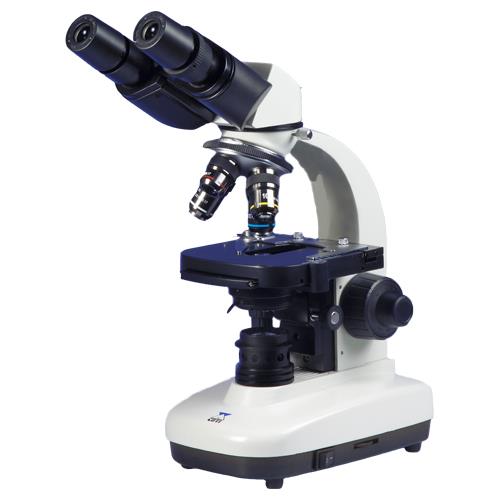
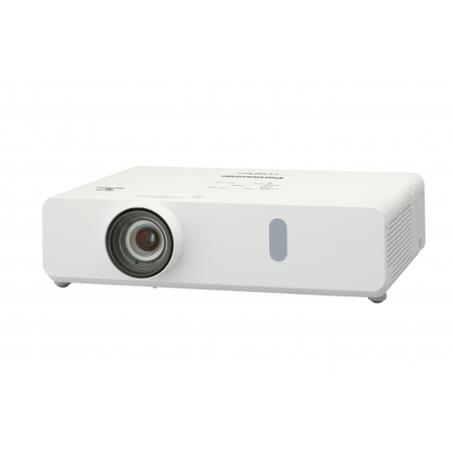
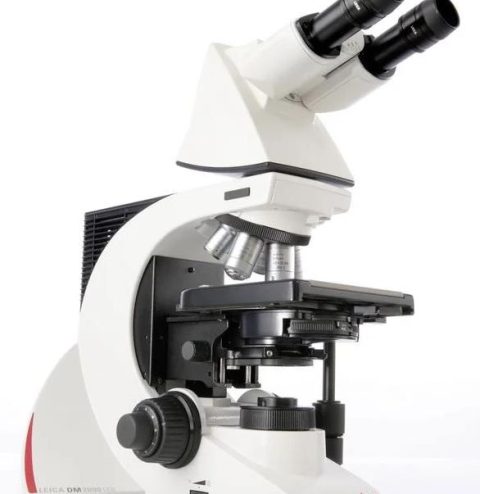
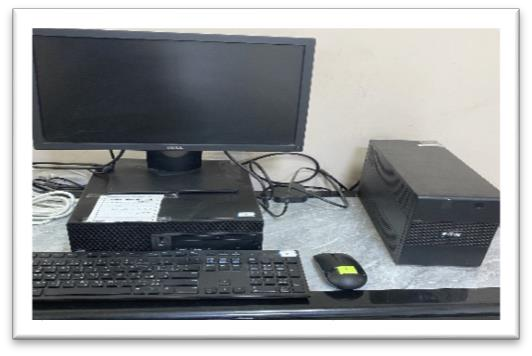
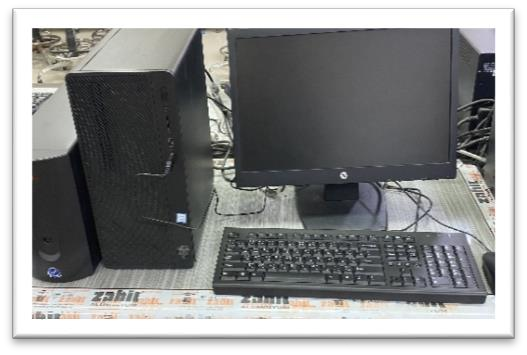
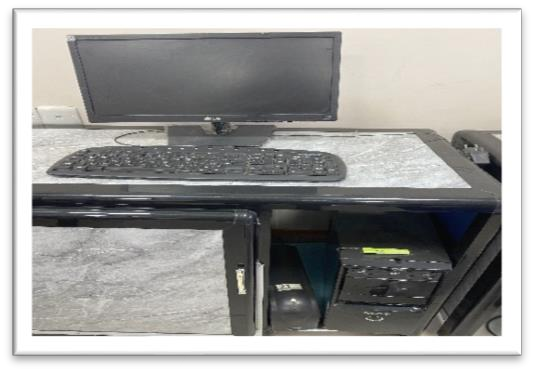

Computer Laboratory Equipment
The Computer Laboratory is the technological gateway that enhances students’ efficiency in both digital and medical fields simultaneously.
The laboratory contains modern computers equipped with specialized medical software for data analysis, such as SPSS, Excel, and biostatistics tools, in addition to medical simulation programs and training on Health Information Systems (HIS).
The lab teaches various subjects such as medical statistics, online research, medical databases, and basics of medical programming.
It is also used to train students on how to use modern technology in scientific research, research preparation, presentations, and academic professional communication, thus preparing them for the era of digital medicine.
